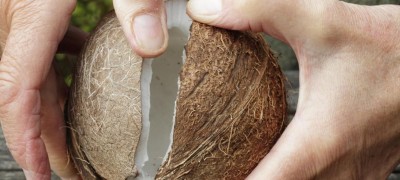How to stretch shoes at home
It is possible to become the owner of tight, uncomfortable shoes, squeezing in certain places and rubbing blisters, for various reasons: inattention when trying on in a store, ordering on the Internet, receiving a product as a gift. Before hiding such shoes for storage in a closet, trying to resell them or donating them to someone, you should try to change their sizes upwards.
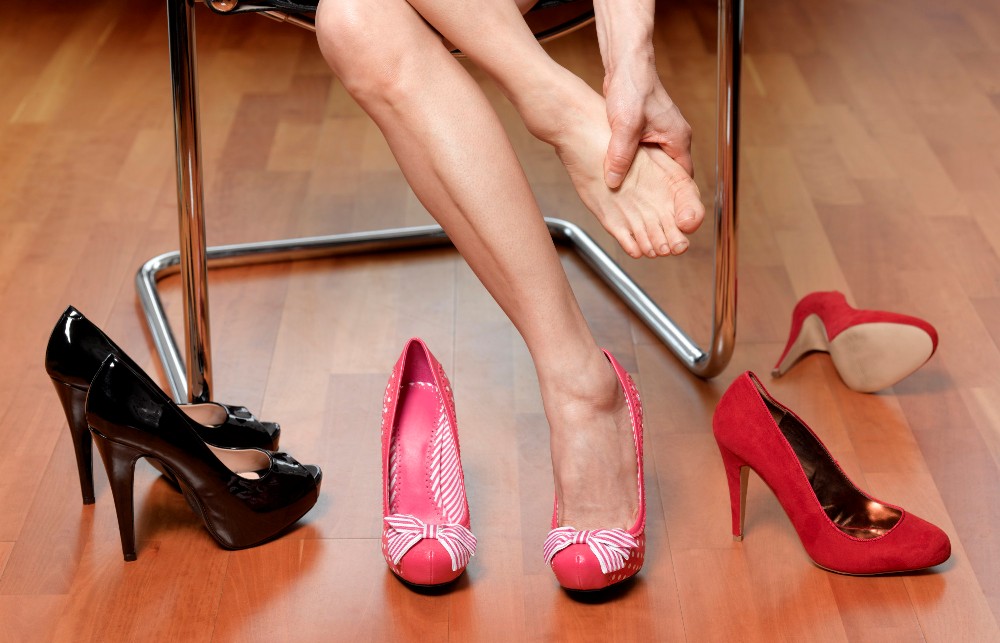
- Can the shoes be stretched and how much
- How to stretch leather shoes in length
- How to stretch shoes at home
- How to quickly spread shoes that are tight
- Means for stretching shoes
- Types of mechanical shoe stretchers
- Mode of application
- Helpful Tips for Choosing a Stretcher
- VIDEO: 5 Easy Ways to Stretch Tight Shoes.
Can the shoes be stretched and how much
There are many simple and not so simple ways to stretch shoes, using folk remedies, chemical exposure or mechanical pressure.
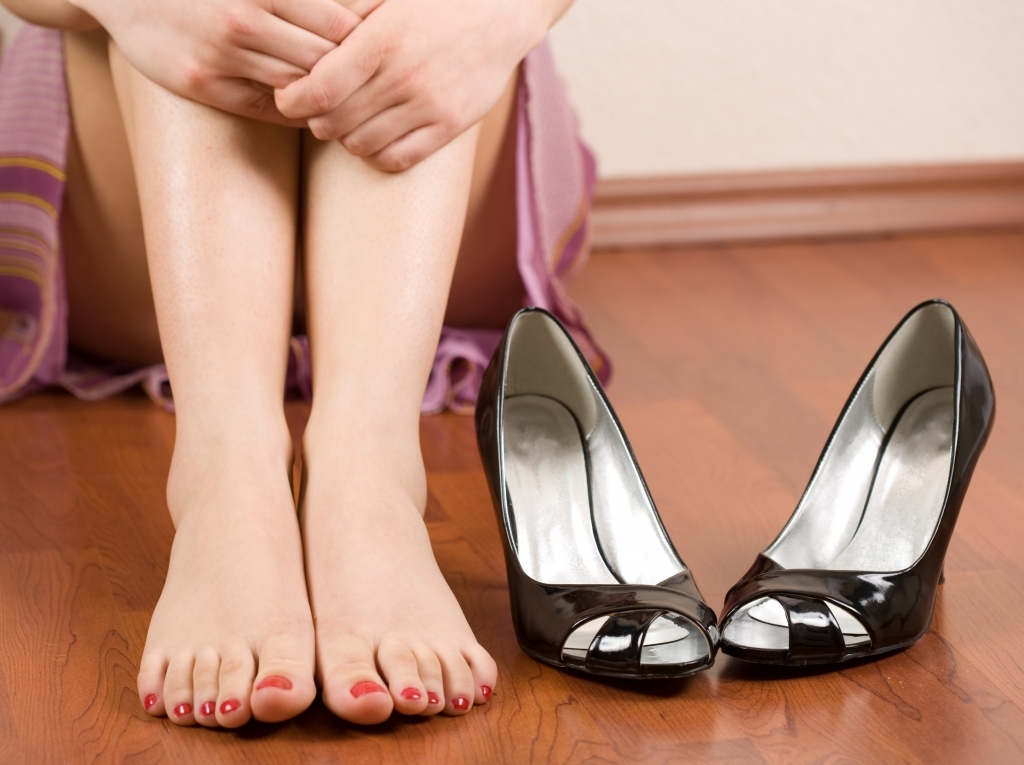
An important condition! By using them, one should not expect to immediately obtain a significant increase in size. You need to act gradually, combining known options for influence, repeating attempts in case of failure the first time.
There is an opinion among shoemakers that it is possible to change the size of footwear only in width, and an increase in length is impossible due to a reinforced toe and a tight heel that cannot be stretched. Some masters manage to achieve success on this front as well.
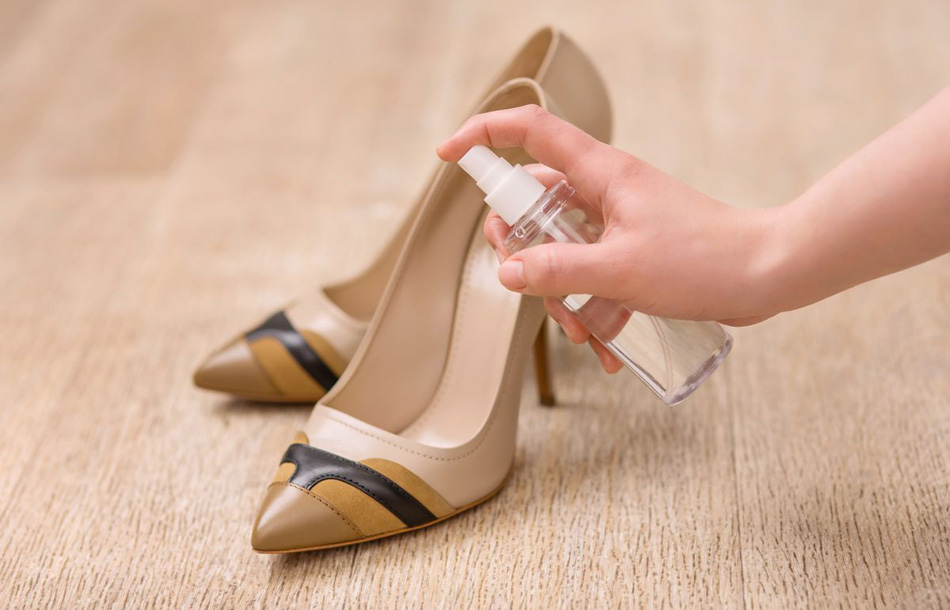
How to stretch leather shoes in length
To strengthen the heel and toe, in most cases, artificial materials are used, which, after appropriate heat and chemical treatment, are capable of stretching at least a little. A household hairdryer is usually used to warm up a hard heel and a reinforced sock. After heat treatment of these parts, mechanical stretchers are used to provide additional space for the big toe.
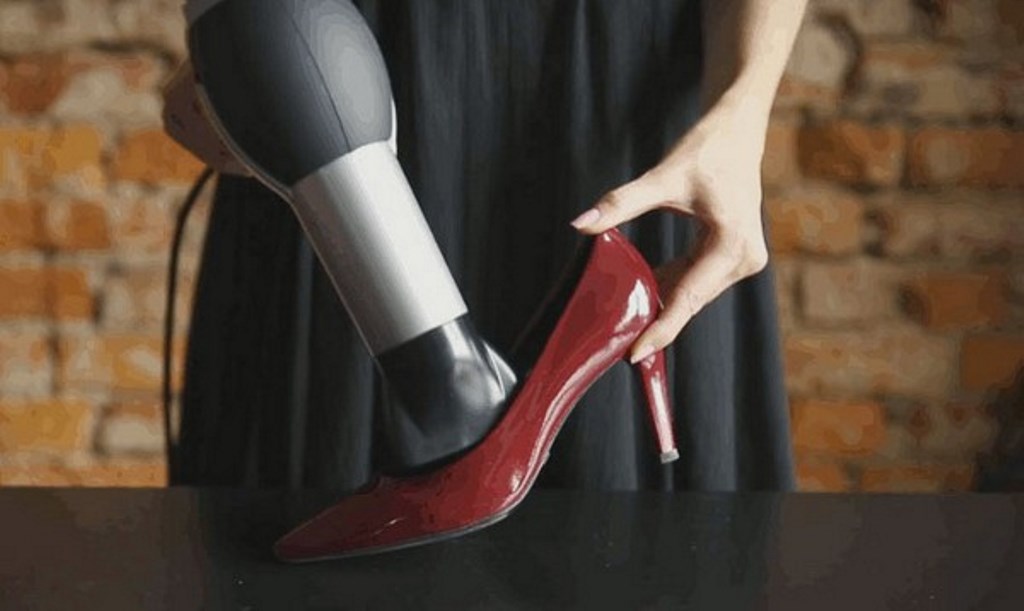
Each shoe material has its own individual characteristics.
Shoes made of genuine leather stretch well, but you need to act very carefully so as not to damage the product.
The lacquer layer on the skin may not withstand intense loads, so it is better not to use mechanical stretch marks for it.
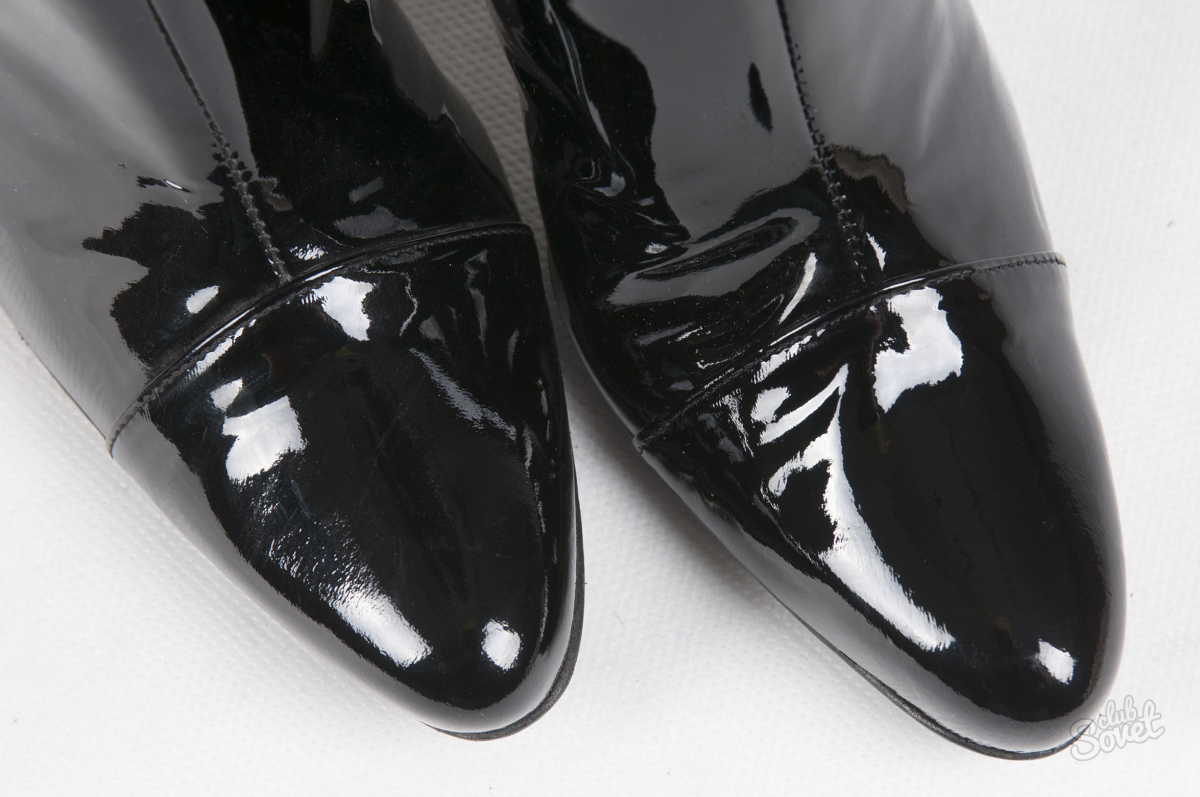
Instances of velor and suede are best worn on the leg using mechanical means, chemical compounds can leave stubborn stains on the material.
Sprays and creams for stretching are well suited for models made of artificial leather, mechanical stress can lead to cracks or rupture of the material.
Suede, velor, fabric do not tolerate low and high temperatures.
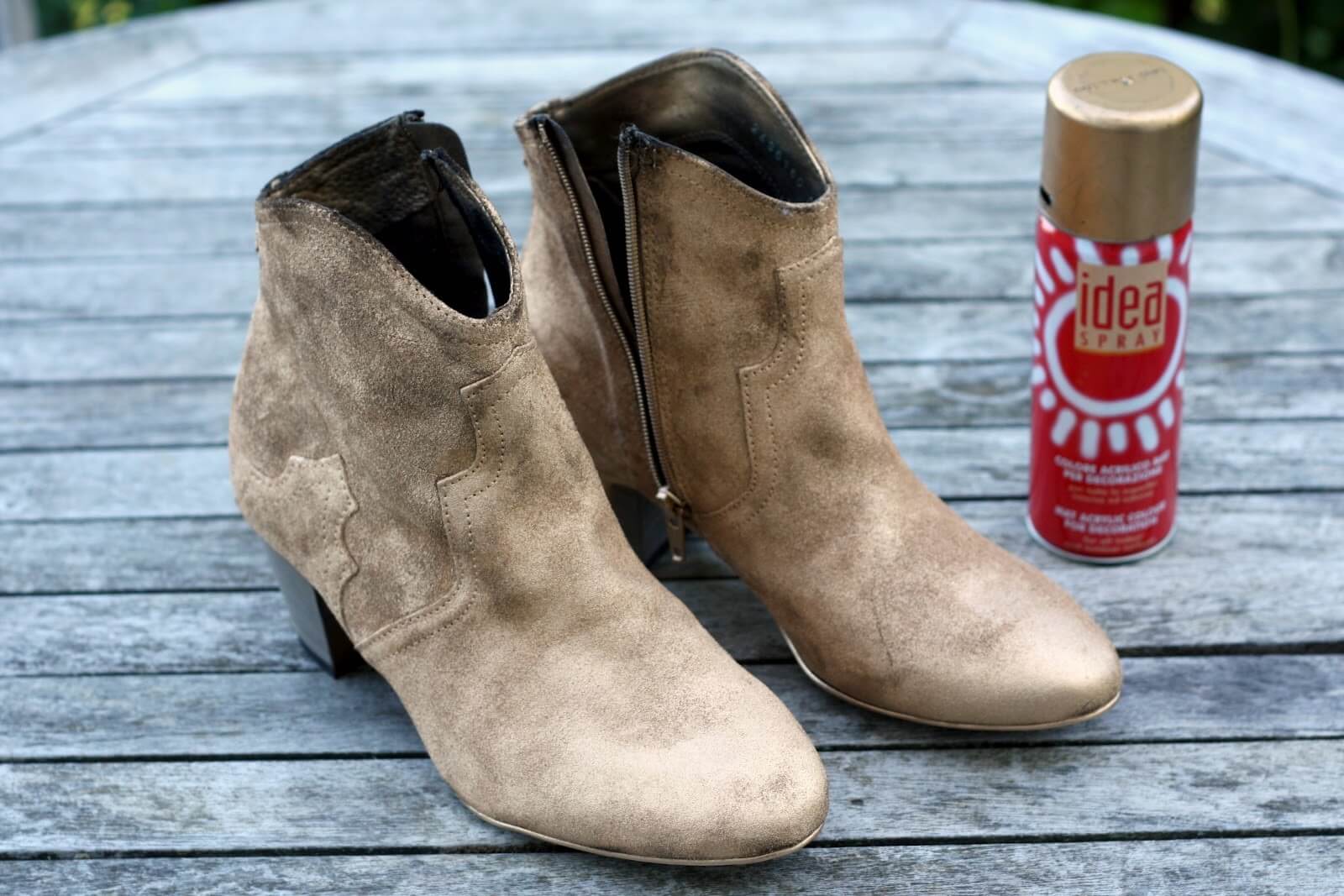
To stretch fur boots, use means in the form of a boot cream or castor oil, which are applied only from the outside. For wearing, you can take several socks or woolen knee-highs, moisten with hot water, wring out and walk in boots for several hours.
Rubber shoes cannot be stretched or carried.

How to stretch shoes at home
The easiest way - stretching tight boots, shoes, or cleats at home - takes time, patience, and endurance. For several days, you need to put on shoes and walk around the apartment. Or go for short walks close to home. The duration of such training is determined by the degree of discomfort and pain. Natural leather has softness, elasticity and the ability to stretch with some effort. Time and stress will gradually do their job: small shoes will stretch and become comfortable and comfortable.
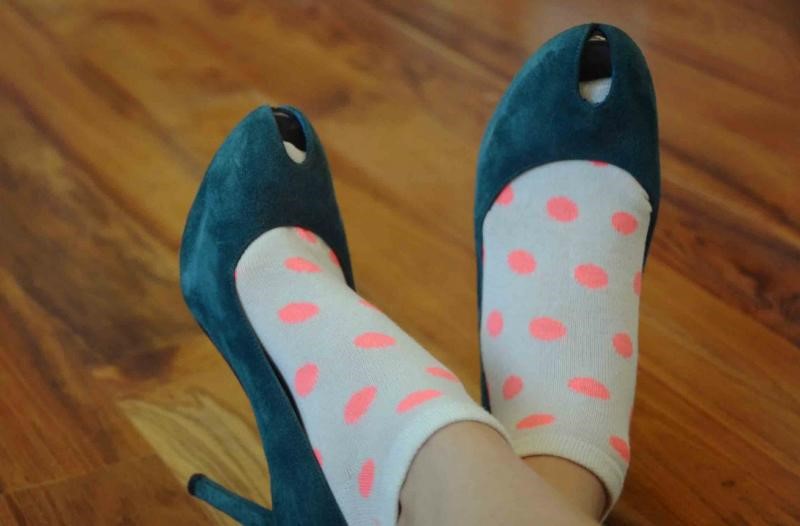
Warm or hot water will help speed up the process described above. Thick socks are soaked in hot water, squeezed well and put on your feet. Shoe with a horn with shoes that require stretching, and walk in them until the socks are dry. Under the influence of hot water, natural skin should stretch, take the shape of a foot and become sufficiently loose.
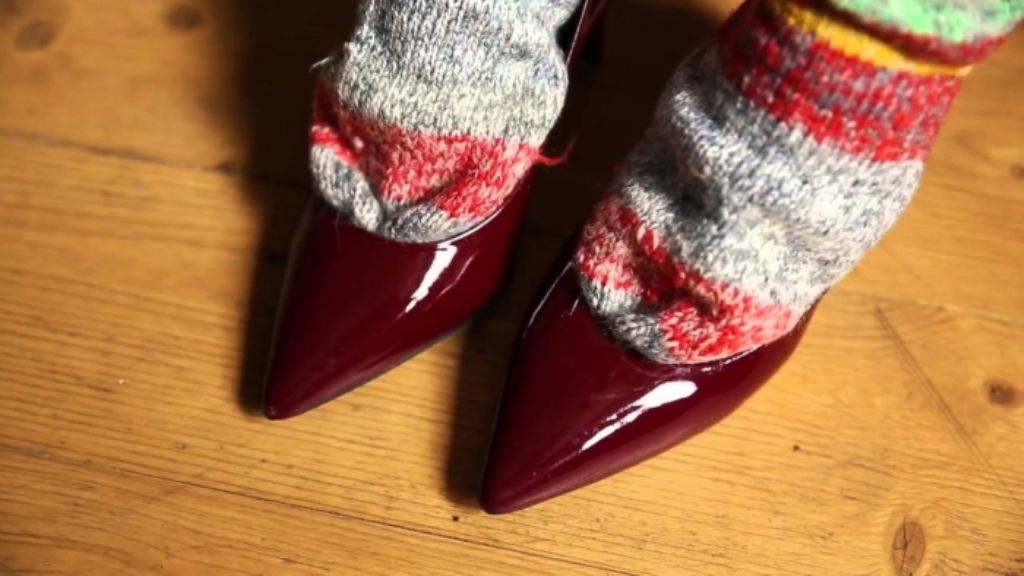
For wearing out tight shoes, it is recommended to use an aqueous solution of alcohol in a 1: 1 ratio or vodka. The following procedure should be followed. Shoes from the inside are moistened with an alcohol solution with a spray bottle and then worn in tight socks until they are completely dry.
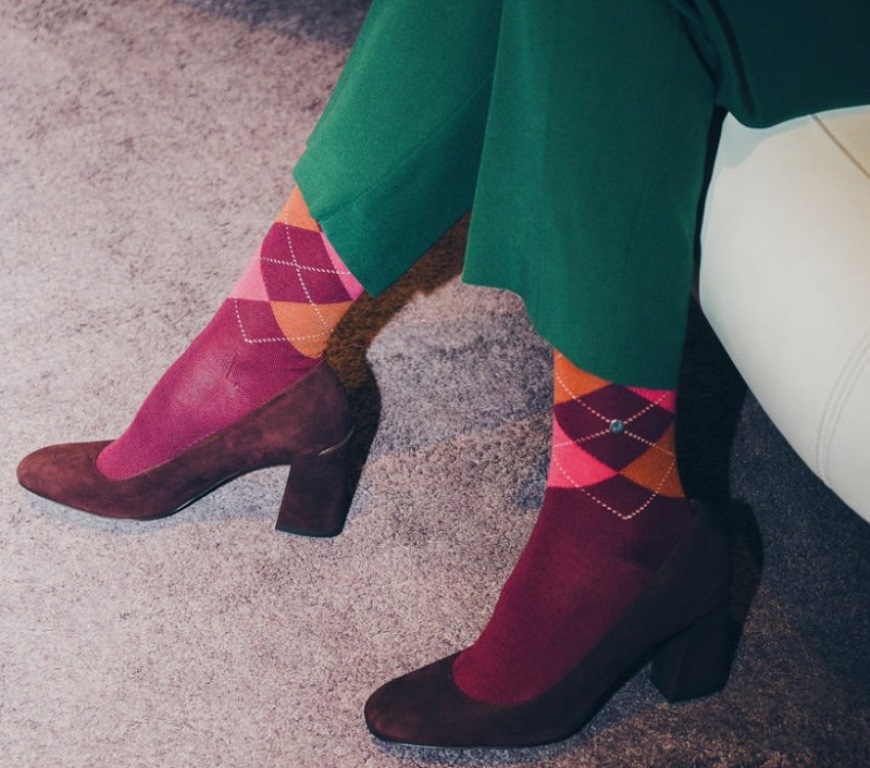
Attention! This method has a drawback. Alcohol is a good solvent for fats and can wash out fats and individual tannins from the leather, impairing its quality and shortening the wear period.
Folk remedies include castor oil or petroleum jelly. The insoles are taken out of the shoes, the inner and outer surfaces are oiled, the shoes are put on toes and they are not removed for several hours.
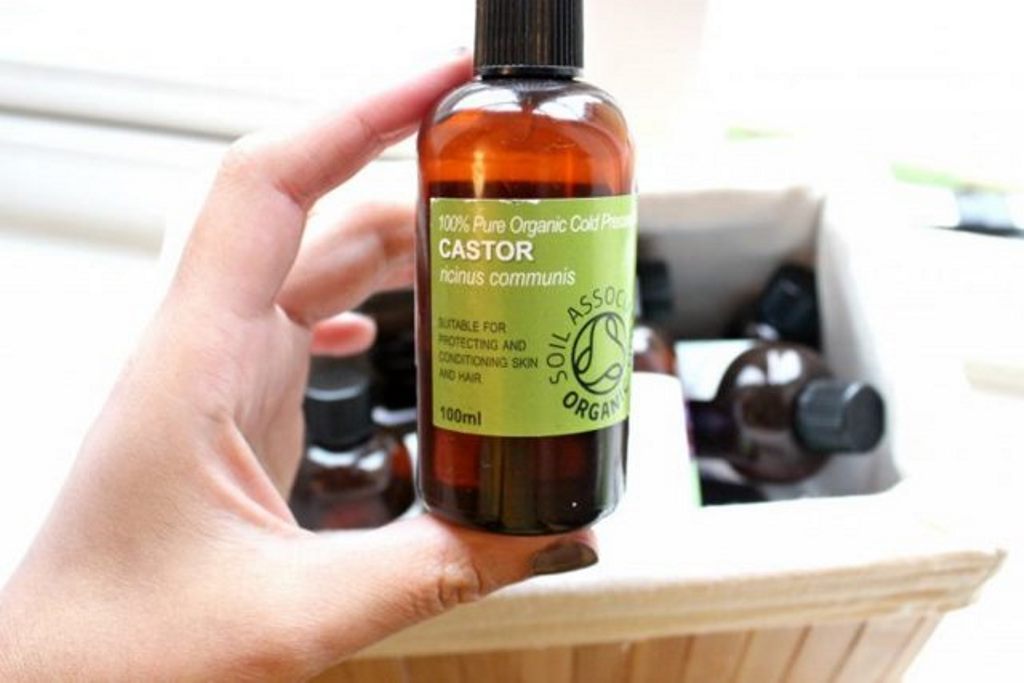
For those who do not want to experience the inconvenience of walking in tight shoes, you can suggest using old newspapers as blocks for stretching tight shoes or winter boots. Hold the pressing shoes for a few minutes over hot steam to make the skin more elastic. Newspaper sheets soaked in warm water are squeezed into lumps, which are tightly stuffed with shoe socks. After the newspapers have dried, they are taken out and the test results are checked.
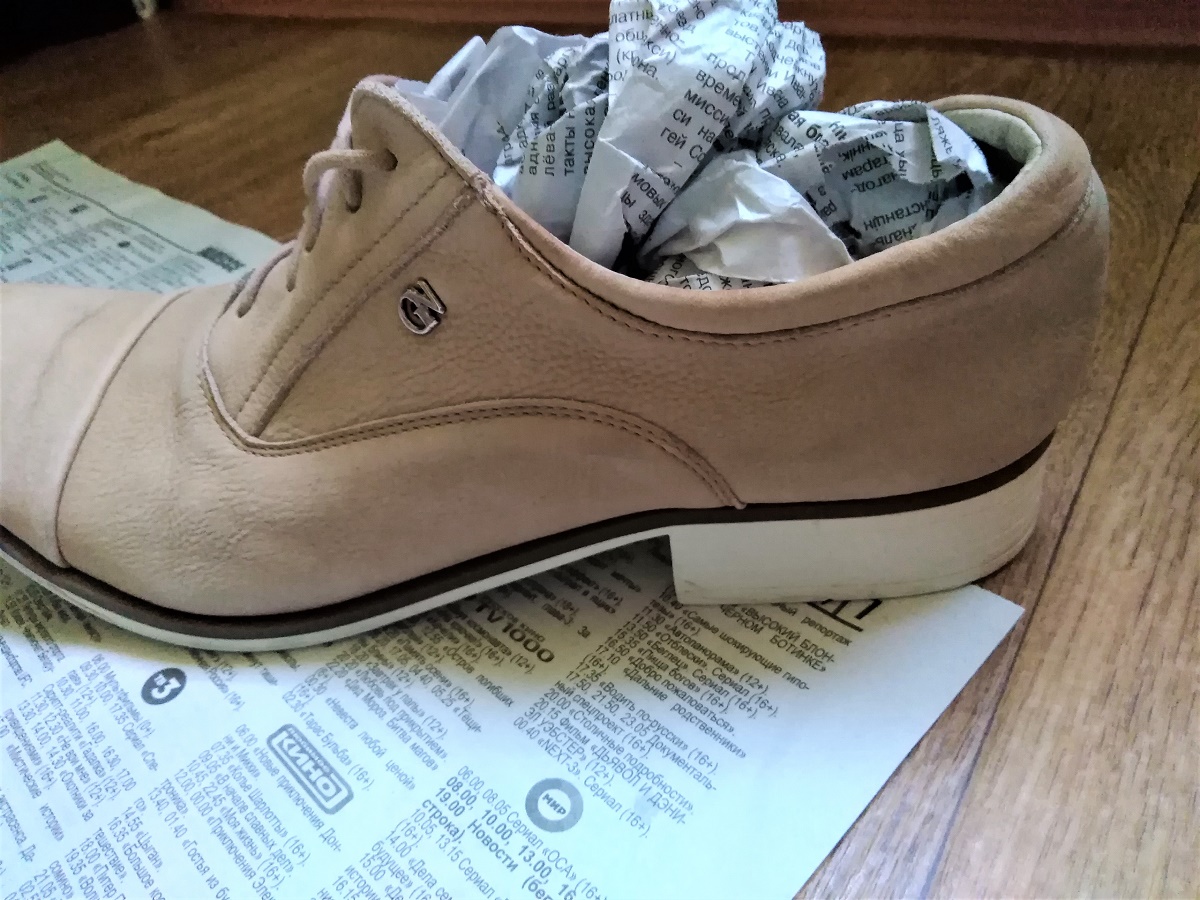
How to quickly spread shoes that are tight
There are even more drastic ways to stretch leather shoes with water. The insoles are removed from the shoes or shoes, boiling water is poured inside for a few seconds, and then the shoes are worn out for several hours.

The next method is based on the physical property of water to expand when frozen. The pressing shoes are unlaced if necessary. Two sealed plastic bags are laid inside, straightened, pressed against the inner walls of the shoe so that there are no creases and voids. Cold water is carefully poured into an improvised container and the bags are tightly tied. Shoes in another bag are placed in the freezer of the refrigerator overnight. The frozen water turns into solid ice, while expanding in volume, it exerts pressure on the leather of the shoe, stretching it.
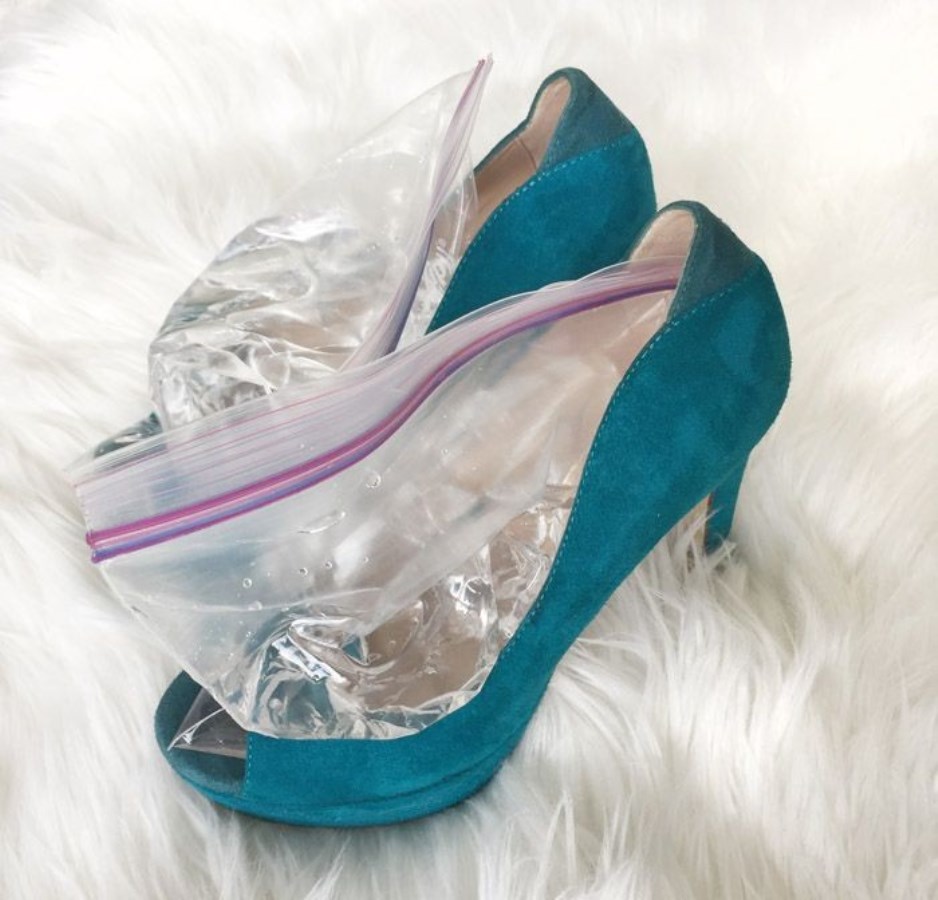
Additional Information. After removing the shoes from the freezer, you should wait until the water melts a little and only then carefully remove the ice packs.
Means for stretching shoes
Chemical specialists working in the field of the footwear industry have developed many effective products for softening and stretching the skin in the form of sprays, aerosols and foams.
In shoe stores, you can find chemical compositions for all types of shoes: from genuine leather or leatherette, suede, fabric, nubuck. The exception is boots or fur boots.
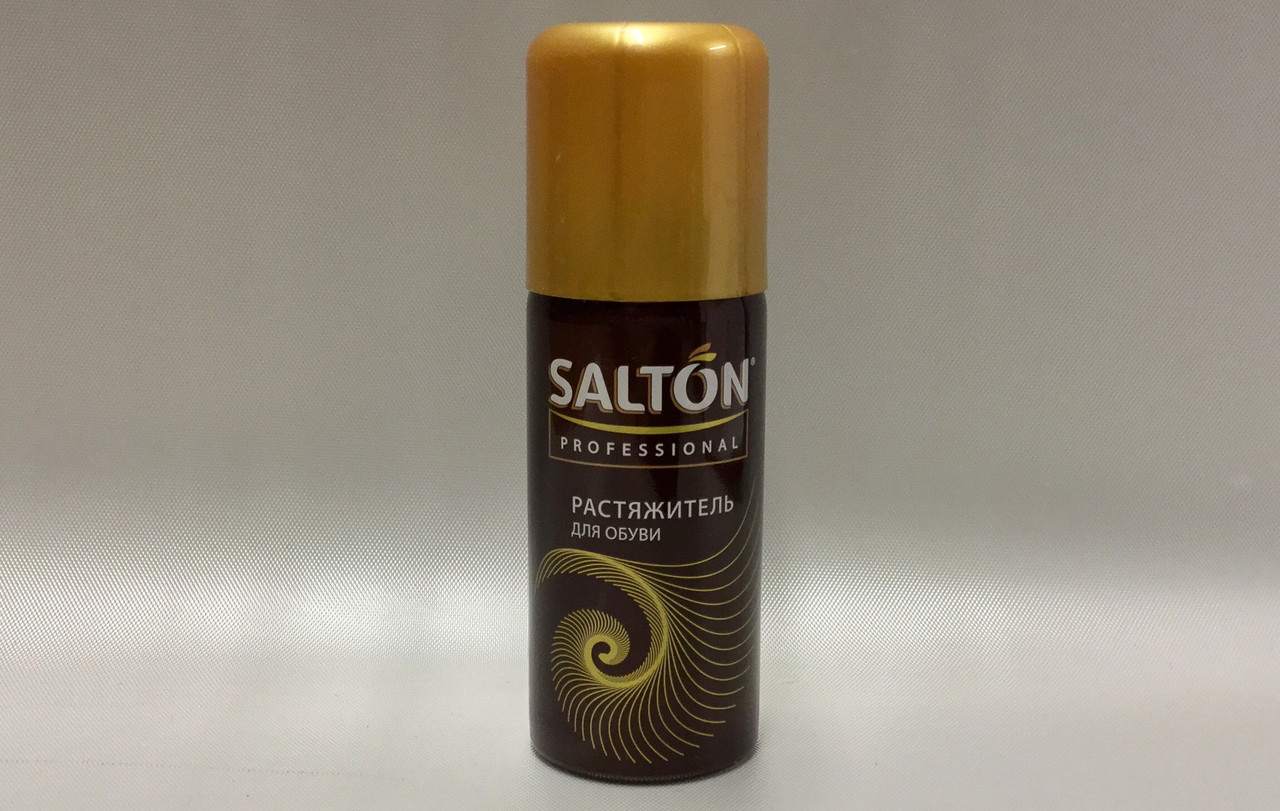
One of the most popular products is the Shoe Stretch colorless spray from the German company Salamander. Sold in cans of different capacities. The minimum volume is 75 ml. Suitable for all types of genuine leather: smooth, patent leather, nubuck, suede. Shake the can before use. Before wearing, spray a stream of aerosol onto the outer side of the shoe, if necessary, spray the inner surface as well. With the help of a spray, you can stretch the skin of the product, adjust its shape, and make the wearing of shoes more comfortable.
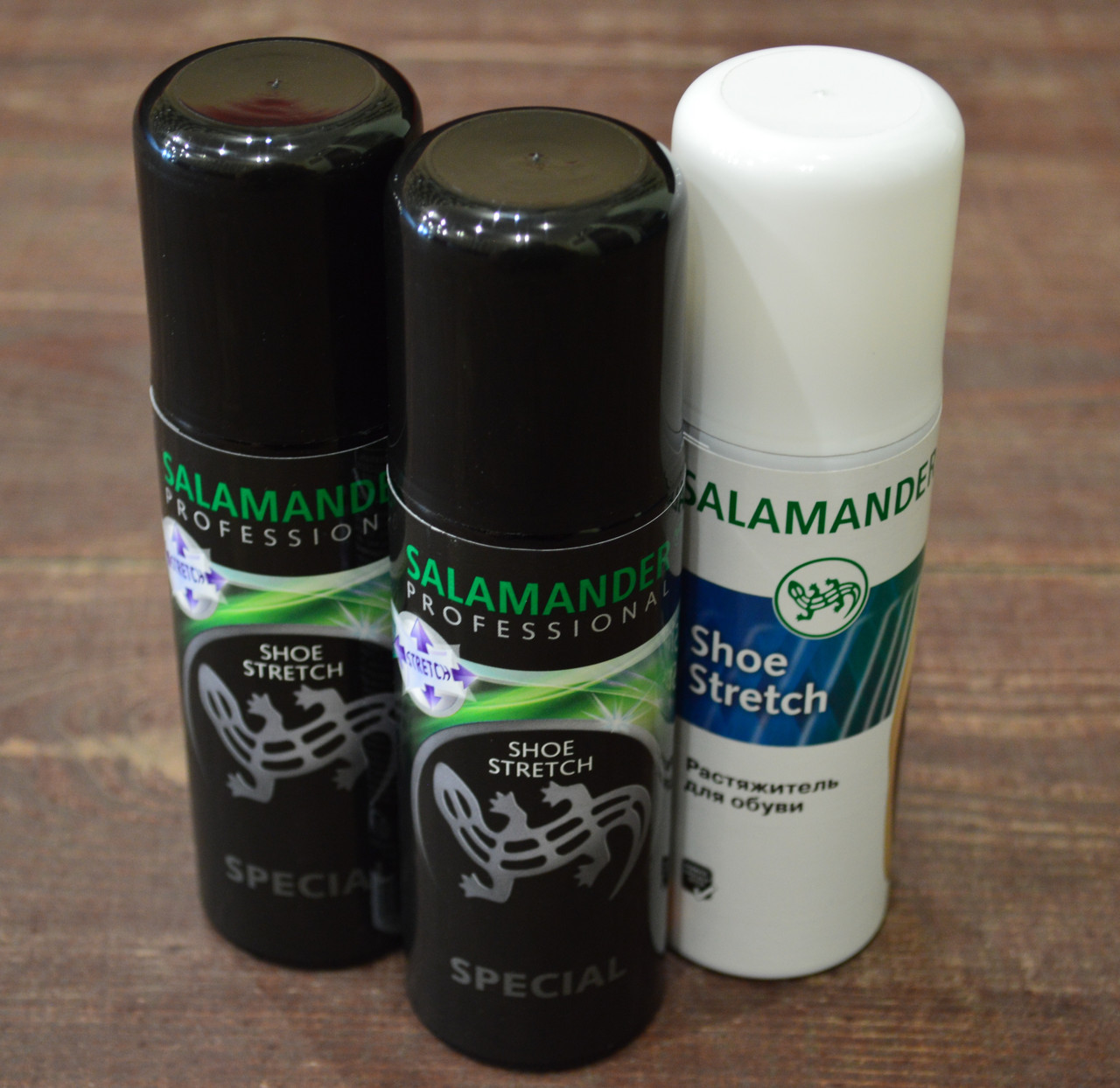
Shoe Stretch TARRAGO shoe stretcher - aerosol, made in Spain. Suitable for all leather shoes. Helps the skin of the shoe to stretch when exposed to heat from the feet. A finely dispersed stream of the agent penetrates into the pores of the material, impregnates it, softens it, making it easier to stretch. After the shoe dries, the created shoe shape remains unchanged, the discomfort during walking disappears. Before use, the bottle must be shaken, process the leather surface from a distance of ten cm outside and inside, which will ensure uniform stretching. After treatment with a softener, wear shoes or use special stretching blocks.
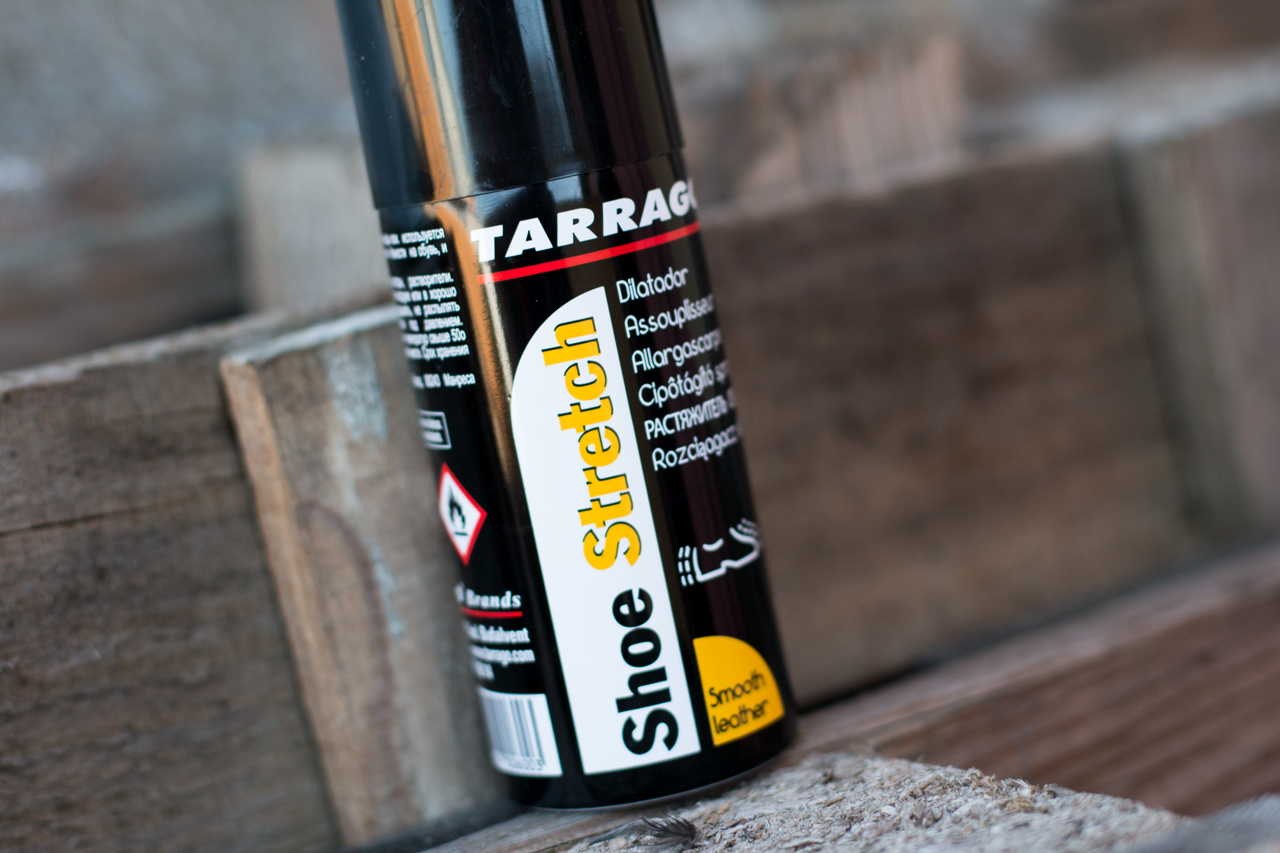
Spray foam SALTON - stretcher for shoes made of leather, suede, nubuck. The spray jet, falling on the surface of the shoe inside and outside, turns into a thick white foam. The foamy substance, absorbed into the pores of the skin, softens it and the material acquires the shape of the foot without squeezing the leg. Do not hope that the product will work the first time, especially on coarse thick leather stitched with harsh threads. To achieve the desired result, you will have to repeat the experiment several times. The thick foam does not create a wet feeling and guarantees comfortable wear or stretching. For a good result, shoes treated with SALTON spray are best worn on thick socks.
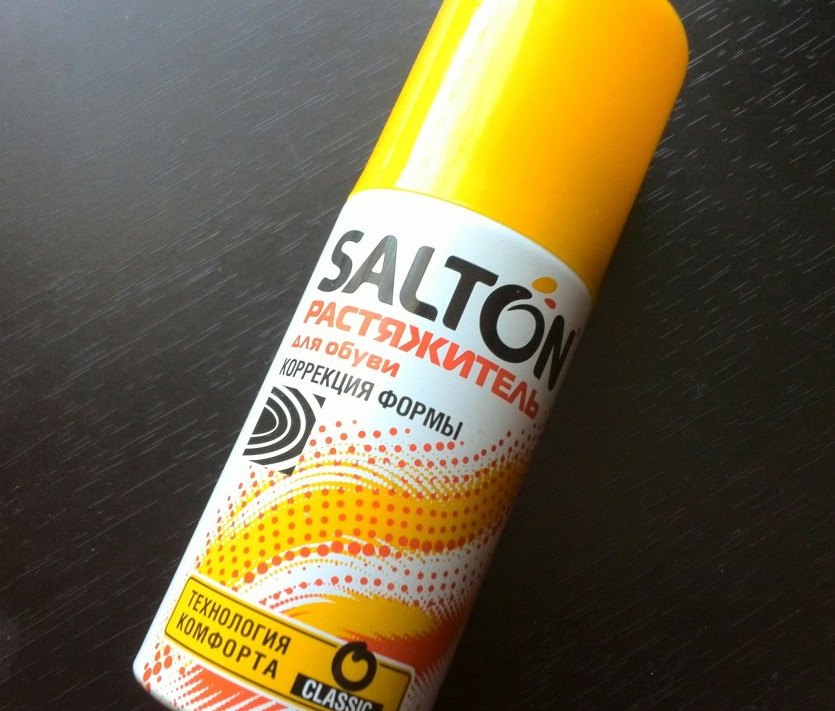
Important! Before using any of the above drugs, you need to conduct a trial test on an inconspicuous area of the skin. When using sprays and aerosols, care must be taken, strictly follow the instructions on the package, avoid contact with the eyes, wear gloves, treat outdoors or in a well-ventilated area.
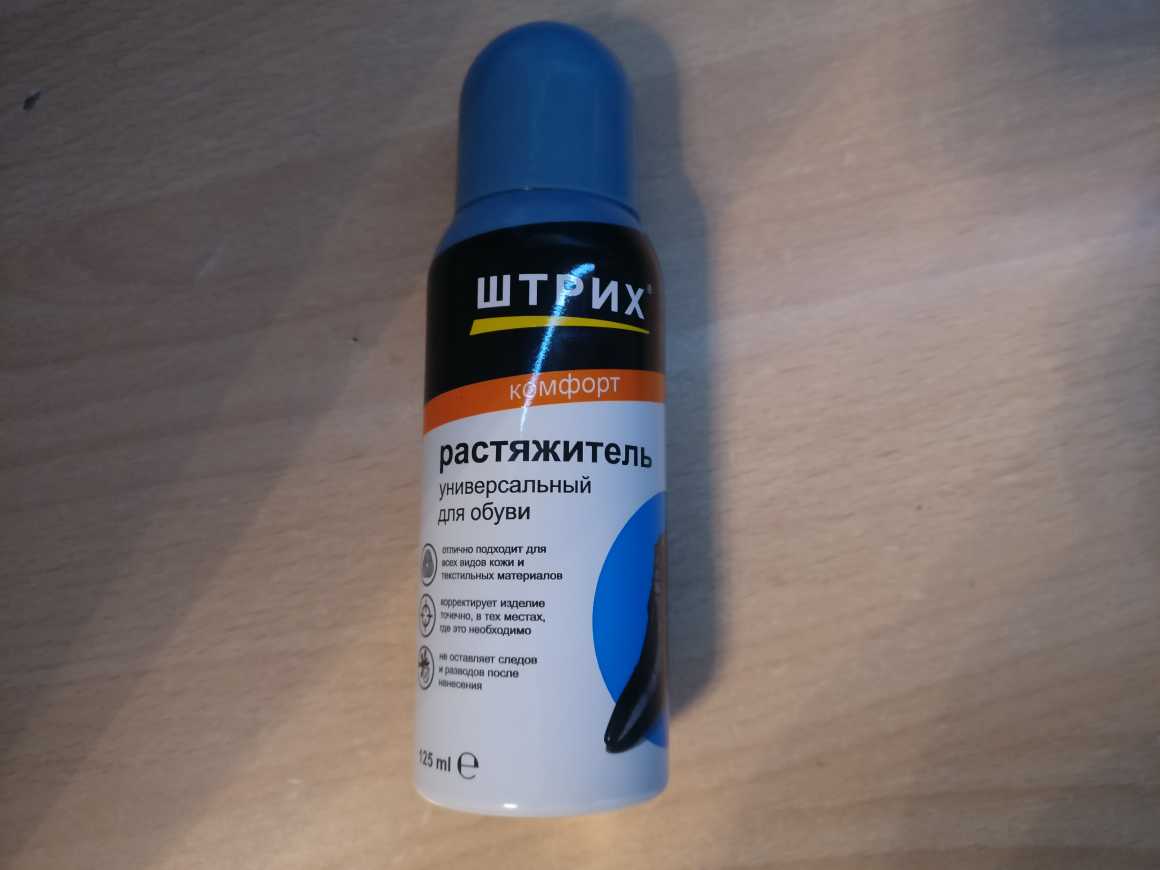
Types of mechanical shoe stretchers
To increase the size of tight shoes, mechanical stretching can be used in combination with chemicals. The device consists of two parts: a nose pad and a heel stretch pad. Both parts are mounted on one axle with a screw-type adjuster of the total length. The nose block has a device for adjusting the size of the shoe in width. For the manufacture of pads, wood, metal, and plastic are used.
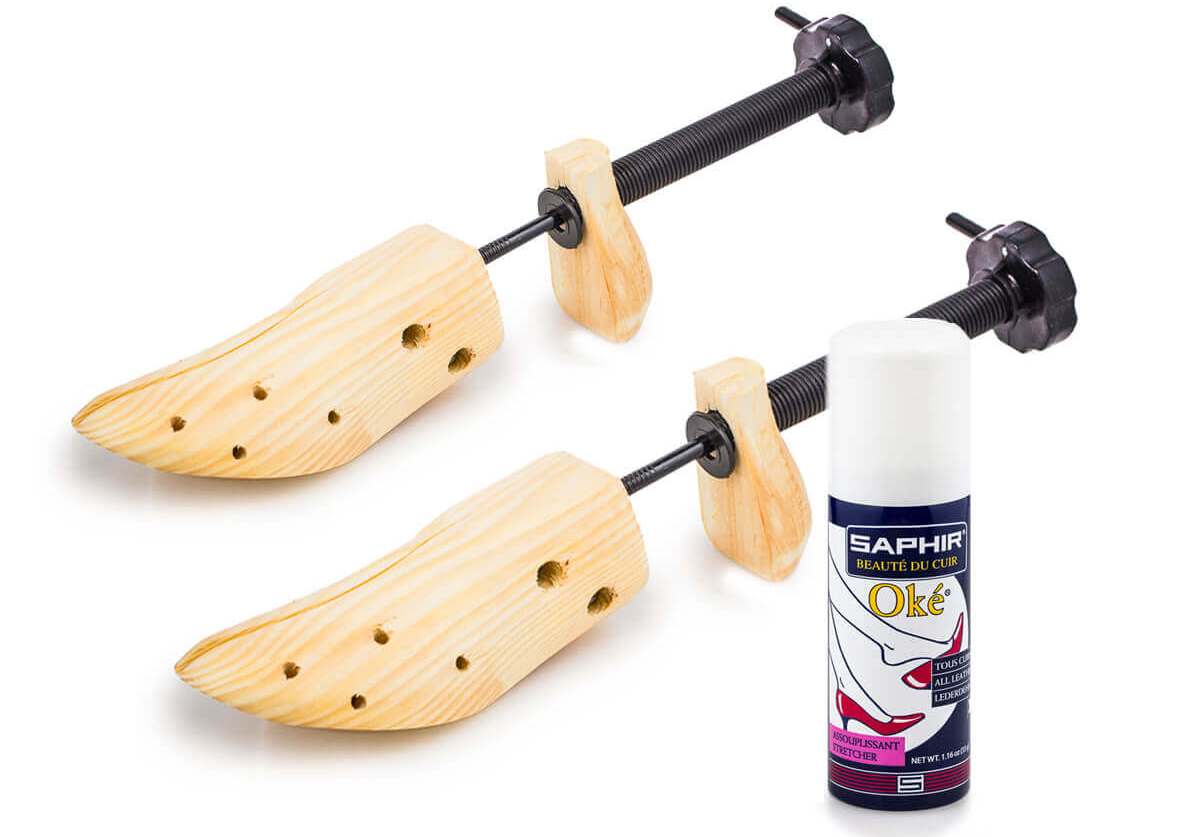
In addition to devices that follow the contour of the foot, there are spacers for stretching shoes in width and special devices for increasing the height of the rise of shoes with high tops. Mechanical stretchers differ in purpose: for womens shoes or for men. In women's shoes, smaller sizes are used, the presence of a heel on many shoe models is taken into account.Male stretchers are distinguished by more solid dimensions in length and width and the absence of a high heel.
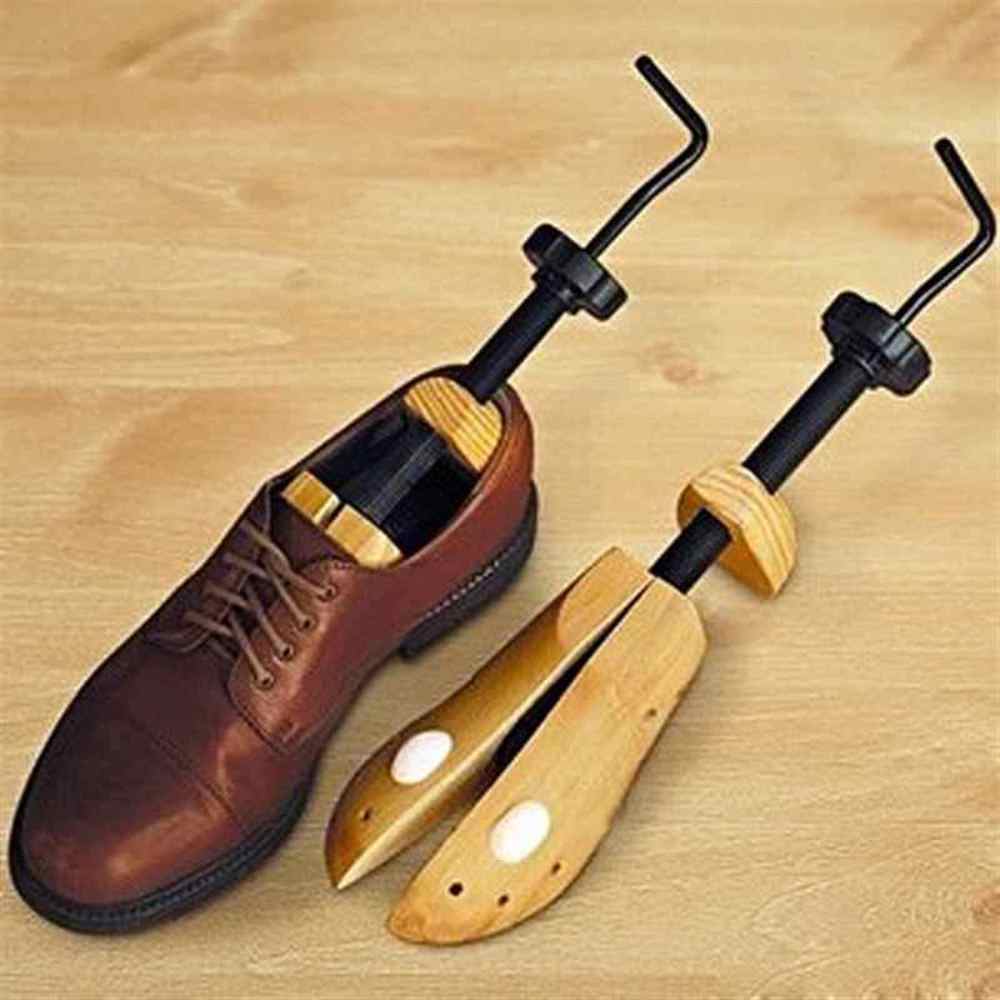
Mechanical stretchers are often sold complete with various attachments for problem areas of the foot and products to soften and stretch the skin. There are spare holes in the pads for installing nozzles.
Mode of application
Treat shoes outside and inside with a chemical stretcher in the form of spray or foam. Insert a mechanical block inside the shoe and use the screw to firmly press the back part to the heel, and the front part to create pressure on the toe. In order not to spoil the shoes, you should not try to get the maximum effect from one time. It is recommended to act gradually in several approaches.
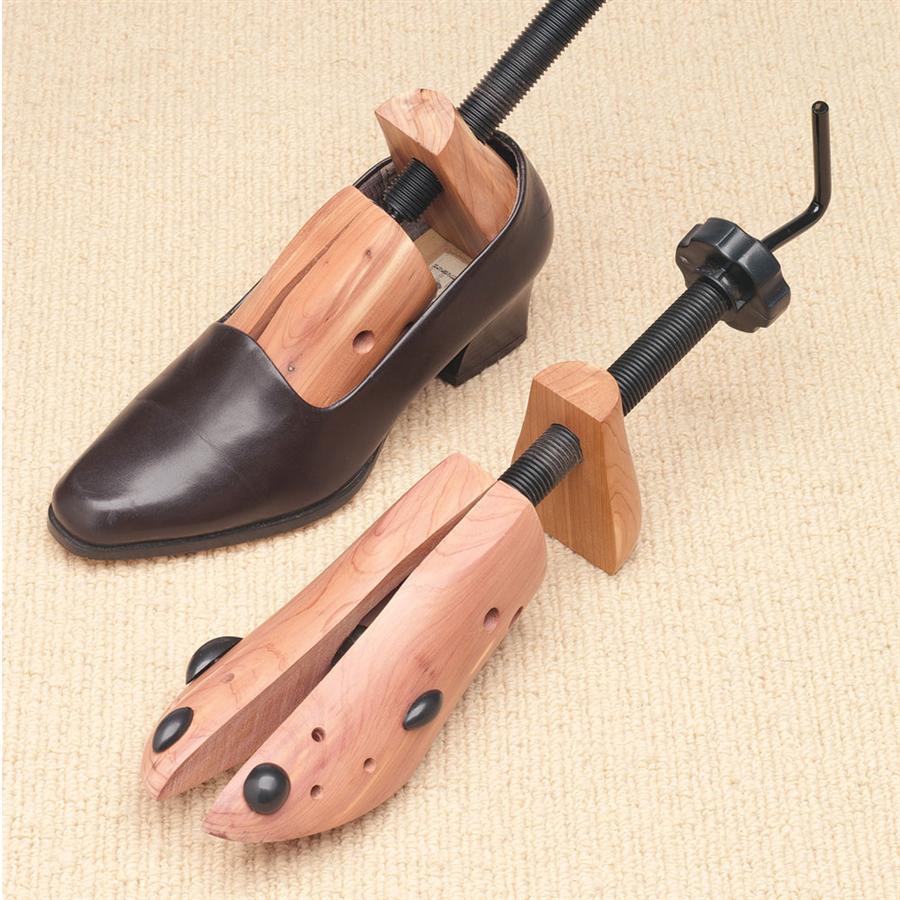
It is important to know that mechanical pads will not be able to expand the volume of the shoe much, but to reduce the pressure on the foot, to make walking comfortable for them.
After providing the necessary pressure on the surface of the shoe, it is left alone for several hours. After that, the spacers are removed, fitting is done and, if necessary, the process is repeated.
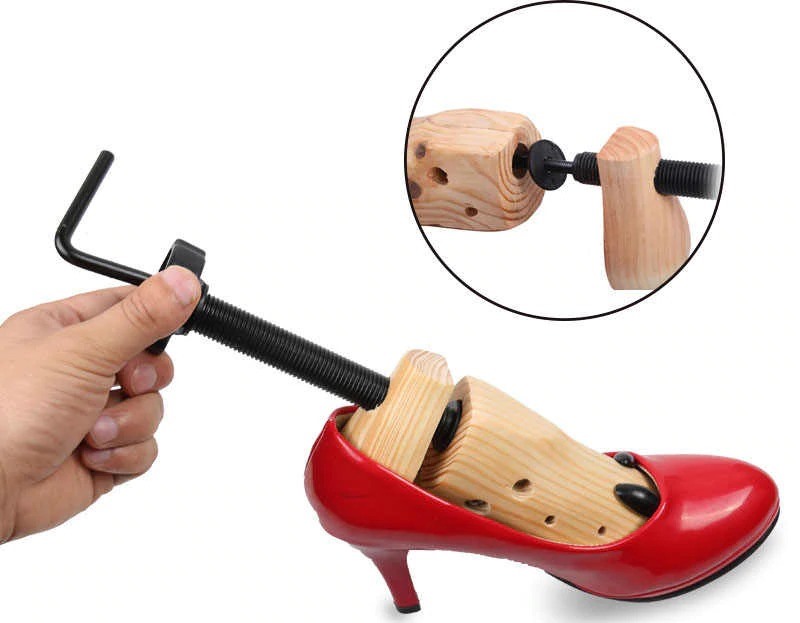
They act similarly for stretching other problematic parts: tops and insteps of boots for winter, boots, increasing the transverse dimensions of the nose.
Helpful Tips for Choosing a Stretcher
The mechanical method is more suitable for stretching shoes on a wide foot that has side bumps. Chemicals are optimal for light squeezing of the foot with the shoe.
At home, you can successfully stretch shoes only in width, it is better to entrust the stretching in length to professionals.
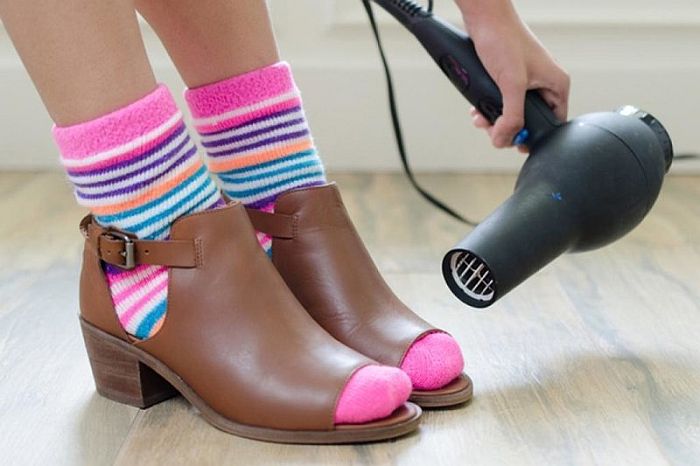
Expensive shoes made of genuine leather are not recommended to be stretched by mechanical devices yourself, it is better to trust the specialists in the shoemaking business.
Any chemical composition should first be tested empirically in an inconspicuous place. A good product does not change the color of the model and does not leave marks on the skin surface.
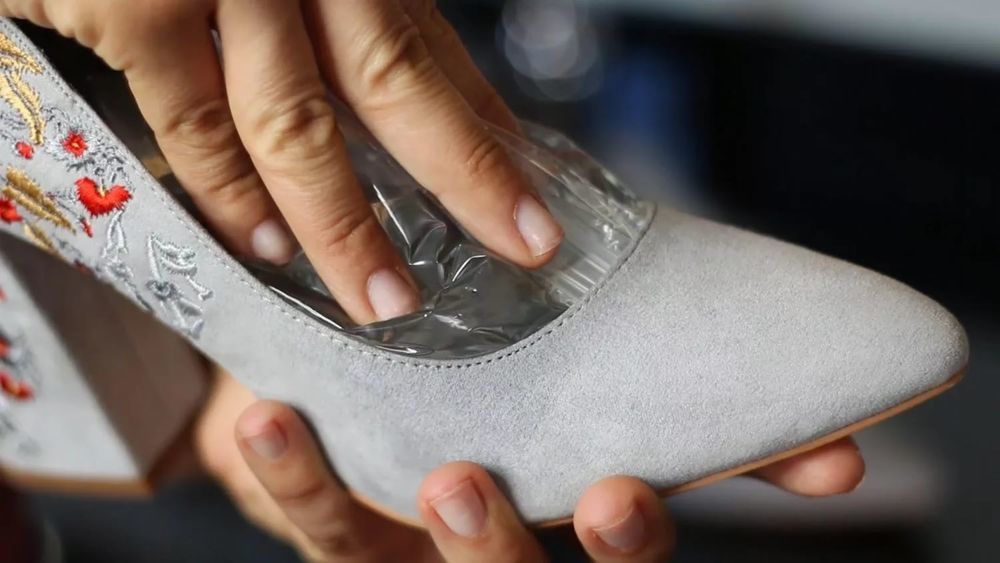
Any chemical effect has a negative effect on the body, therefore, after any stretch marks, the skin should be regularly lubricated with emollients.
VIDEO: 5 Easy Ways to Stretch Tight Shoes.

